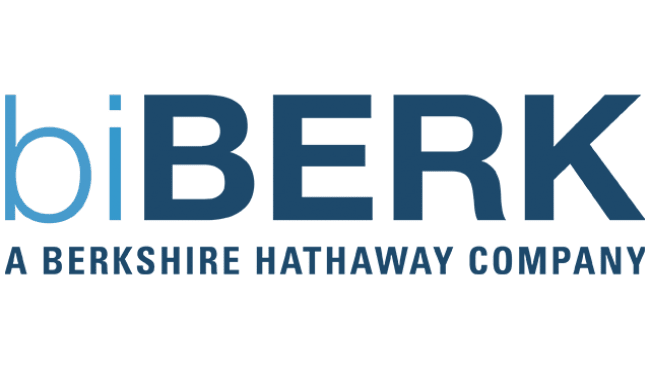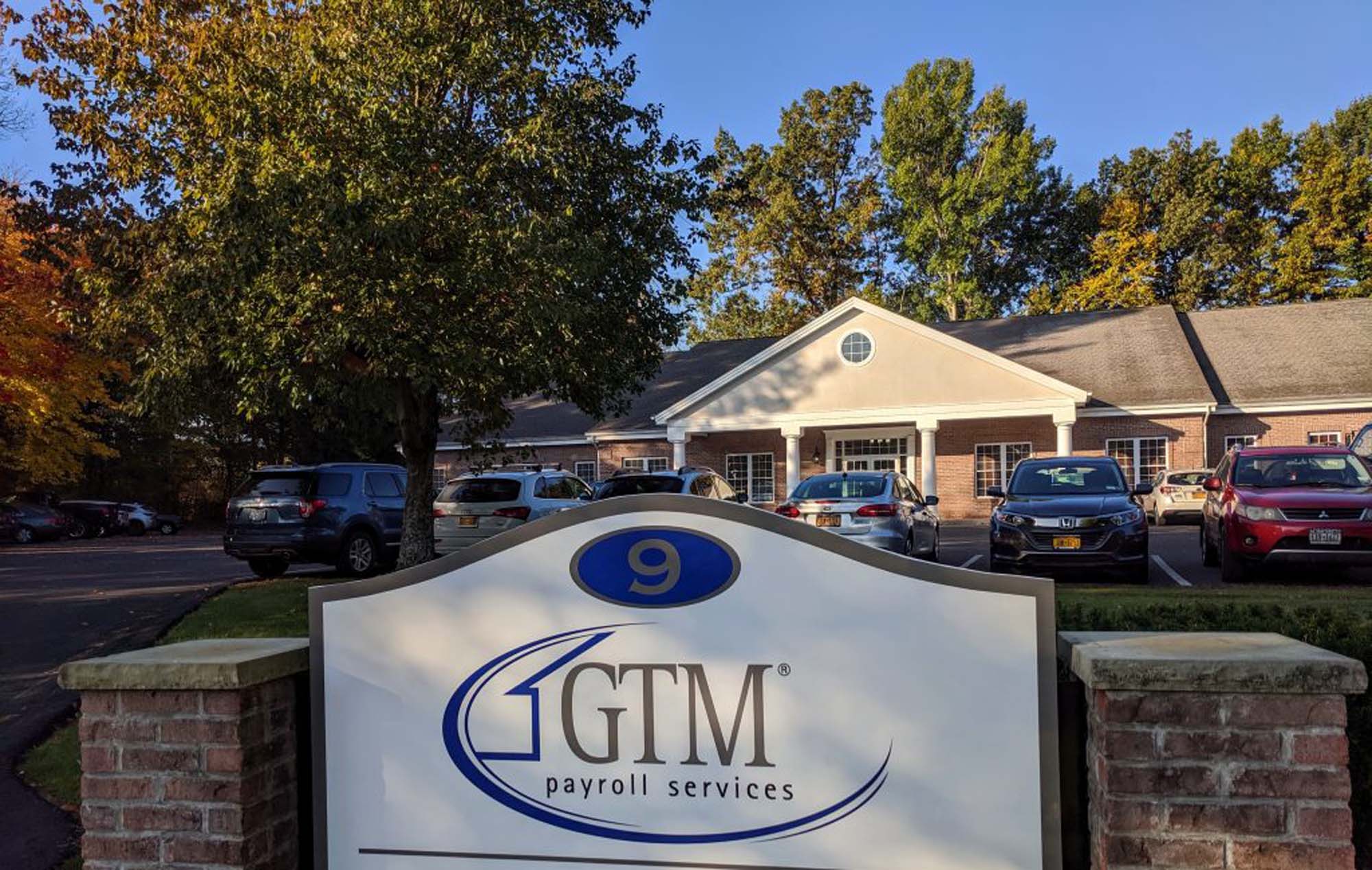Top 6 Workers Comp Insurance Companies: Making the Right Choice for Your Business
When it comes to safeguarding your business and ensuring the well-being of your employees, workers’ compensation insurance plays a pivotal role. This comprehensive guide outlines the top six workers comp insurance companies, each offering unique advantages tailored to specific business needs.
1. biBERK Insurance Services

biBERK Insurance Services stands as the ultimate choice for holistic workers’ compensation insurance. This exceptional company empowers users with the ability to seamlessly purchase policies online within minutes, alongside the option to bundle workers’ compensation coverage with other essential business insurance policies.
Pros
- Unlock savings of up to 20% in comparison to competitors.
- Enjoy the confidence of choosing a top-rated insurer.
- Obtain an instant and convenient online quote.
Cons
- Bundling policies doesn’t yield additional discounts.
- Coverage for seasonal workers may vary across states.
One of Top 6 Workers Comp Insurance Companies, biBERK Insurance Services, as a subsidiary of Warren Buffett’s Berkshire Hathaway Group, biBERK combines decades of industry experience with a technology-driven approach. This fusion ensures that policy acquisition is not only efficient but also cost-effective. By utilizing biBERK’s platform, business owners can effortlessly obtain price quotes and purchase workers’ compensation insurance online, eliminating the need for complex negotiations or time-consuming processes.
Unlike insurance brokers or intermediaries, biBERK directly insures businesses. This unique position enables the company to offer rates up to 20% lower than its competitors. While biBERK extends its services to various insurance products such as general liability, professional liability, and umbrella insurance, it does not provide discounts for bundled policies.
Almost all states have access to biBERK’s workers’ compensation insurance, with only North Dakota, Ohio, Washington, and Wyoming being the exceptions. This insurer’s exemplary performance is evident in its “A++” rating from AM Best, marking its position as a leading provider in the industry.
READ MORE:
2. CoverWallet

CoverWallet emerges as the optimal choice for startups, individuals engaged in side gigs, and microbusinesses seeking comprehensive workers’ compensation insurance. This insurer extends coverage even to those with just one part-time employee, ensuring immediate protection.
Pros
- Flexible policies catering to single employees.
- Bundling options for workers’ compensation, professional liability, and general liability.
- Swift initiation of coverage.
Cons
- Availability of instant online quotes may vary.
- Pay-as-you-go alternatives might not always be accessible.
Micro-businesses, encompassing companies with fewer than ten employees, find CoverWallet to be a compelling option for workers’ compensation insurance. The insurer’s adaptability shines through by offering coverage for a single employee, whether full-time or part-time. Furthermore, the option to bundle workers’ compensation insurance with professional or general liability coverage is a noteworthy advantage.
Depending on your location and business specifics, an instant online quote might be attainable. Nevertheless, a direct conversation with a representative might be necessary in some cases. Upon submission of requisite information, CoverWallet pairs you with an appropriate insurance partner. This arrangement can also include pay-as-you-go premiums, enhancing flexibility and affordability.
Underpinning CoverWallet is its affiliation with the Aon Corporation, a factor that bolsters its credibility and reliability in the insurance arena.
3. The Hartford
:fill(white):max_bytes(150000):strip_icc()/the-hartford-b20b617d73c9415d9f3fdf72525dd2ac.png)
The Hartford emerges as the standout choice for medical providers seeking optimal workers’ compensation insurance. This insurer’s specialized services cater to outpatient offices, offering dedicated case managers and pharmacy networks to ensure timely and effective care for workers.
Pros
- Access to seasoned nurse case managers.
- Unique offering of needlestick protection.
- Convenient pay-as-you-go billing options.
Cons
- Exclusion of medical malpractice insurance.
- Limited availability of online policy purchases.
Established in 1810, The Hartford boasts a reputation rooted in exceptional service and reliability. It secures the second-largest position in the workers’ compensation insurance market, driven by direct written premiums. As a premier choice for medical providers, The Hartford’s experience spans across healthcare professionals, serving over 105,000 outpatient small businesses nationwide.
The significance of workers’ compensation coverage for medical providers is undeniable, given the potential risks associated with patient care. The Hartford’s coverage extends to a preferred medical provider network and an extensive network of U.S. pharmacies. Nurse case managers enhance coordination of care, while pay-as-you-go billing options streamline financial processes.
While The Hartford extends its services to various insurance products, such as general liability and cyber insurance, it lacks medical malpractice insurance. This gap necessitates collaboration with other insurers to fulfill complete coverage requirements. Although online policy purchase options exist, certain users might need to resort to direct communication with a representative.
4. Progressive

If you operate a professional office, Progressive is the ideal choice for comprehensive workers’ compensation insurance. Beyond affordability, this insurer facilitates the acquisition of professional liability and other essential policies, providing holistic coverage for diverse business needs.
Pros
- Availability of diverse business insurance policies.
- Flexibility to update policies as needed.
Cons
- Workers’ compensation insurance is provided by a partner carrier.
- Payment terms and down payment requirements vary across carriers.
In professional offices, the importance of workers’ compensation insurance remains paramount. Progressive caters to this demand by not only offering cost-effective workers’ compensation coverage but also by enabling the inclusion of professional liability insurance and other pertinent policies.
Progressive distinguishes itself through its affordability, with average costs ranging from $46 per month for professional liability coverage to $86 per month for workers’ compensation insurance. This insurer empowers businesses to customize their coverage by bundling workers’ compensation insurance with other key policies such as general liability, commercial auto insurance, and a business owner’s policy. The convenience of policy adjustments further enhances Progressive’s appeal.
However, it’s essential to note that workers’ compensation policies through Progressive are facilitated via third-party carriers. The terms of payment and down payment requirements can vary between these carriers, influencing the overall policy dynamics.
5. Nationwide
:fill(white):max_bytes(150000):strip_icc()/nationwide-insurance-30c0a2778d014ad697157fdfc7338553.png)
For businesses operating in the construction industry, Nationwide emerges as the prime choice. Its specialized suite of insurance products caters to the unique needs of this sector, encompassing workers’ compensation coverage alongside business liability and equipment breakdown protection.
Pros
- Accessibility for both small and large businesses.
- Option to bundle workers’ compensation with diverse coverage types.
- Tailored support for the construction industry.
Cons
- Requirement to consult a representative for precise quotes.
- Variable availability of discounts and rates based on location.
Nationwide’s prominence as a major insurance provider translates into comprehensive workers’ compensation insurance offerings for businesses of varying scales. Particularly, its focus on construction and contracting businesses is evident through tailored coverage that can be bundled with other crucial policies, including general liability, business auto, and construction equipment insurance.
Beyond insurance coverage, Nationwide extends a suite of valuable business resources to its customers. These resources empower businesses in the construction industry to enhance safety measures, manage payrolls efficiently, and navigate the complexities of their operations.
While online quotes are accessible to some users, discounts and rates can differ based on geographical location and specific business activities. As such, engaging with a representative is recommended for obtaining an accurate quote tailored to unique circumstances.
RELATED POST:
6. GTM Payroll Services

Domestic workers bring unique coverage demands, and GTM Payroll Services takes the lead in addressing them. Recognized as one of the few national insurance brokers for domestic workers, GTM Payroll Services offers tailored workers’ compensation coverage alongside payroll and tax management services.
Pros
- Nationwide availability.
- Comprehensive payroll services under one roof.
- Convenient online client portal.
Cons
- Lack of AM Best rating.
- Requirement to engage with a representative for comprehensive details.
For households employing domestic workers like nannies or adult caregivers, ensuring workers’ compensation coverage is imperative. GTM Payroll Services caters to this requirement by offering bundled coverage options that incorporate both workers’ compensation insurance and essential payroll and tax services. Notably, standalone workers’ compensation coverage isn’t available; it’s exclusively accessible to payroll clients.
GTM Payroll Services, operational since 1991, boasts substantial experience in processing over $1 billion in annual payroll for more than 44,000 employees across diverse industries. By functioning as a broker, GTM sources coverage suited to unique needs and streamlines premium calculations based on actual payroll data. While the option to sign up online is unavailable, direct communication with GTM Payroll Services facilitates the acquisition of tailored coverage.
It’s important to note that GTM Payroll Services lacks an AM Best rating, a factor that underscores the unique nature of its offerings.
Frequently Asked Questions: Navigating Workers’ Compensation Insurance
What Is Workers’ Compensation Insurance?
In the realm of workplace safety, accidents can occur despite precautionary measures. Workers’ compensation insurance serves as a safeguard for business owners against claims from employees who experience job-related injuries or illnesses. This coverage encompasses medical expenses, rehabilitation costs, and a portion of lost wages. In unfortunate instances of an employee’s demise during work, workers’ compensation insurance also extends to funeral expenses.
Who Is Exempt From Workers’ Compensation Insurance?
Exemptions from workers’ compensation insurance obligations vary by state. Generally, sole proprietorships and partnerships are exempt until they hire employees who aren’t partners. Employees encompass individuals rendering services for compensation, irrespective of their age or citizenship status.
Is Workers’ Compensation Insurance Necessary for a Single Employee?
In the majority of states, employers with even one part-time employee are required to provide workers’ compensation insurance. A few exceptions, like Alabama, exclude businesses with four or fewer regular employees. Texas stands alone, offering optional workers’ compensation coverage for employers with certain exceptions.
For specific requirements in your jurisdiction, referring to your state’s workers’ compensation department website is advisable.
Understanding Workers’ Compensation Insurance Audits
Upon procuring workers’ compensation insurance, policies are valid for a year, with premiums typically based on anticipated annual compensation. During a workers’ compensation insurance audit (also known as a payroll audit), auditors assess the deviation between projected and actual payrolls, subsequently adjusting the final premium. Some states mandate these audits as a legal requirement.
State Funds: Exploring the Options
State-sponsored workers’ compensation insurance programs are referred to as state funds. Monopolistic states, including North Dakota, Ohio, Washington, and Wyoming, solely offer state-funded insurance. In these states, coverage options for out-of-state employees and competitive shopping are limited. Other states present the flexibility of choosing between state and private carrier options, thereby enabling businesses to tailor coverage according to their unique needs.
Determining the Cost of Workers’ Compensation Insurance
The cost of workers’ compensation insurance hinges on various factors, including state regulations, business size, industry, nature of employee roles, and claims history. Calculated per $100 of payroll, costs increase with larger payrolls. The “experience modification number” (mod) signifies past claim history, with numbers exceeding “1.00” indicating claims history. Rates corresponding to over 700 job classifications are available through the National Council on Compensation Insurance, enabling businesses to estimate premiums.
Employer costs for workers’ compensation insurance can vary significantly from state to state, with calculations ranging from $0.55 per $100 of covered payroll in Texas to $2.25 per $100 in Alaska.
Methodology: Crafting a Comprehensive Selection
The meticulous selection of the top six workers comp insurance companies entails thorough research encompassing major insurers and their diverse specializations. A total of 19 reputable companies were evaluated based on factors such as business options, transparency, available discounts, ease of obtaining quotes, and AM Best ratings. Emphasis was placed on companies with “A” ratings or higher, except for GTM Payroll Services, which, as a broker, brings unique value to the market despite lacking an AM Best rating.